Súmate al desafío de diseño abierto en torno a contenidos de Europeana
Contributors: Platoniq
En el proyecto Europeana Creative en que colaboramos desde Platoniq, donde nos encargamos de diseñar y aplicar metodologías de co-creación y de evaluación de resultados, para la generación de nuevas aplicaciones basadas en el contenido cultural digitalizado de cientos de instituciones europeas, hemos lanzado un tercer challenge participativo.
Una vez más estamos buscando diseñadores, artistas, desarrolladores, start-ups y emprendedores con ganas de reutilizar los contenidos... Read more
Starting the Evaluation of eCreative Pilots
Contributors: Platoniq
Now that some of the pilots under development have gone through the different phases of co-creation, identification of requirements, visual design, connection with Europeana content and different levels of basic performance, it is time to begin the prototype evaluation, especially in relation to usability and user experience. We will be assessing the learning materials created for Historiana in the History Education Pilot, as well as the two games related to natural history content, which have specific target audiences in the educational sector. One of the critical aspects of any interface is the way end users interact with it (in this case, especially in connection with learning aspects). An early testing... Read more
Taller co-creación eCreative Europeana en Palma
Contributors: Platoniq
Platoniq, laboratorio de innovación abierta con sede central en Palma de Mallorca, impulsores entre otros proyectos de la plataforma Goteo, organiza con la colaboración de Es Baluard Museu d'Art Modern i Contemporani de Palma un taller de co-creación sobre datos abiertos en el sector de la cultura y el patrimonio entre los próximos días 11 y 13 de Noviembre.
Buscando nuevos formatos de participación en la cultura digital
Se trata de una iniciativa enmarcada en el proyecto europeo eCreative impulsado por Europeana, en que Platoniq colabora junto a otras 26 instituciones como la British... Read more
Red eCreative
Contributors: Platoniq
El proyecto europeo eCreative, del que forma parte Platoniq, pretende ampliar la visibilidad, la utilización innovadora e investigar la sostenibilidad de aplicaciones móviles de contenidos digitales abiertos de museos, archivos, exposiciones y otras fuentes documentales por parte de las industrias culturales. La iniciativa, en cuyo consorcio participan 26 instituciones de 14 países miembros de la Unión Europea, está liderada por la Fundación Europeana.
Europeana Creative Culture Jam from Europeana on Vimeo.
Europeana es una biblioteca digital europea de acceso libre que reúne contribuciones ya digitalizadas de más de 2.000 reconocidas instituciones culturales todos los países miembros de la Unión Europea. Sus fondos incluyen libros, películas, pinturas, periódicos,... Read more
Page: 1
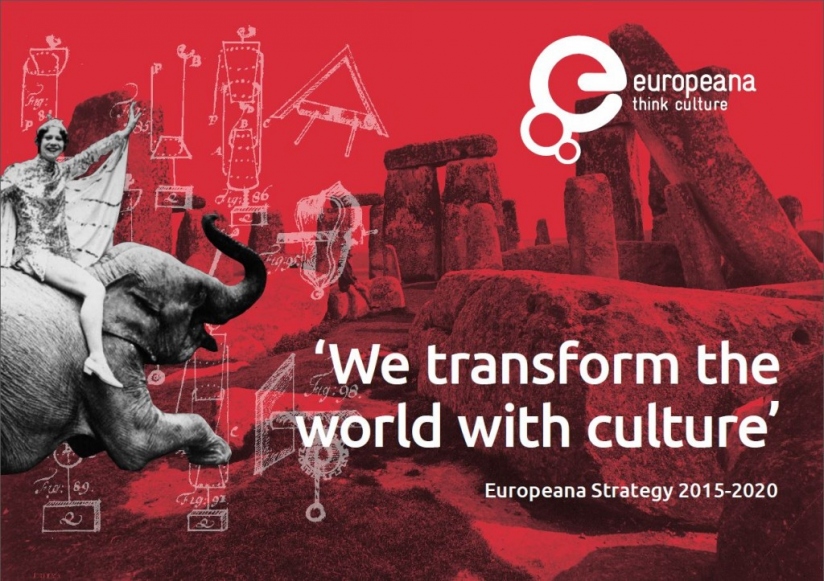
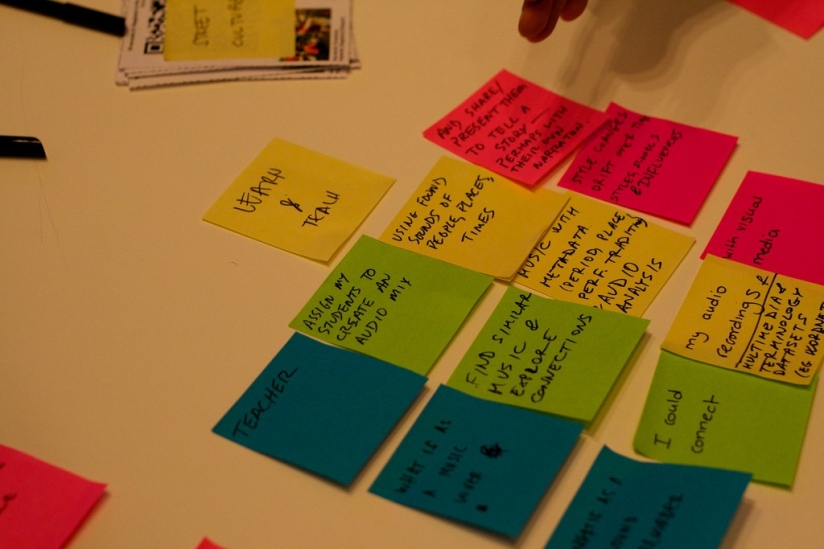
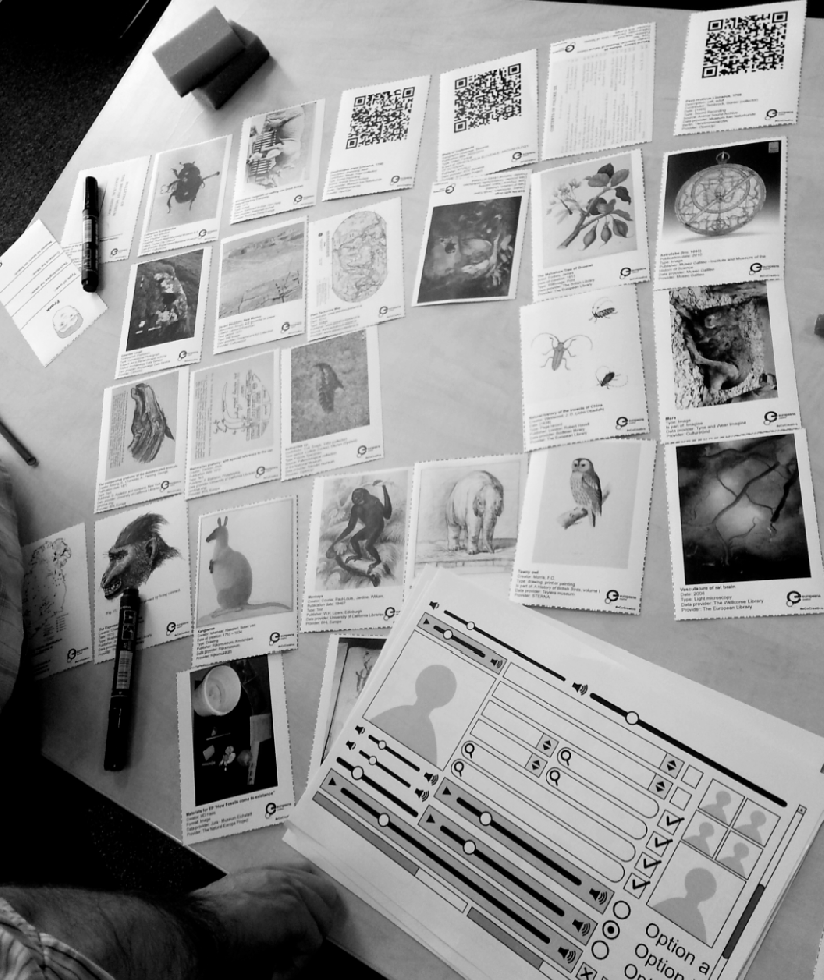
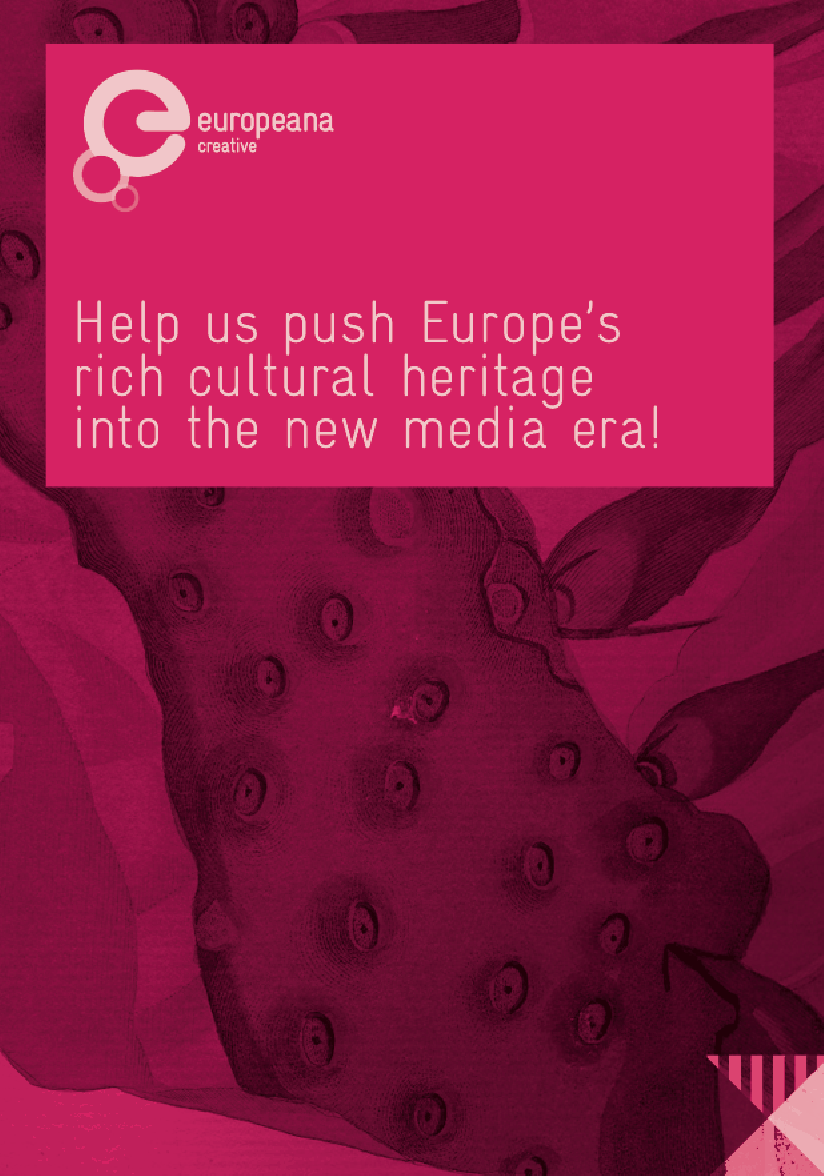


 IMAGE
IMAGE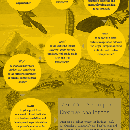 IMAGE
IMAGE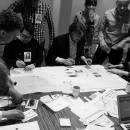 IMAGE
IMAGE IMAGE
IMAGE